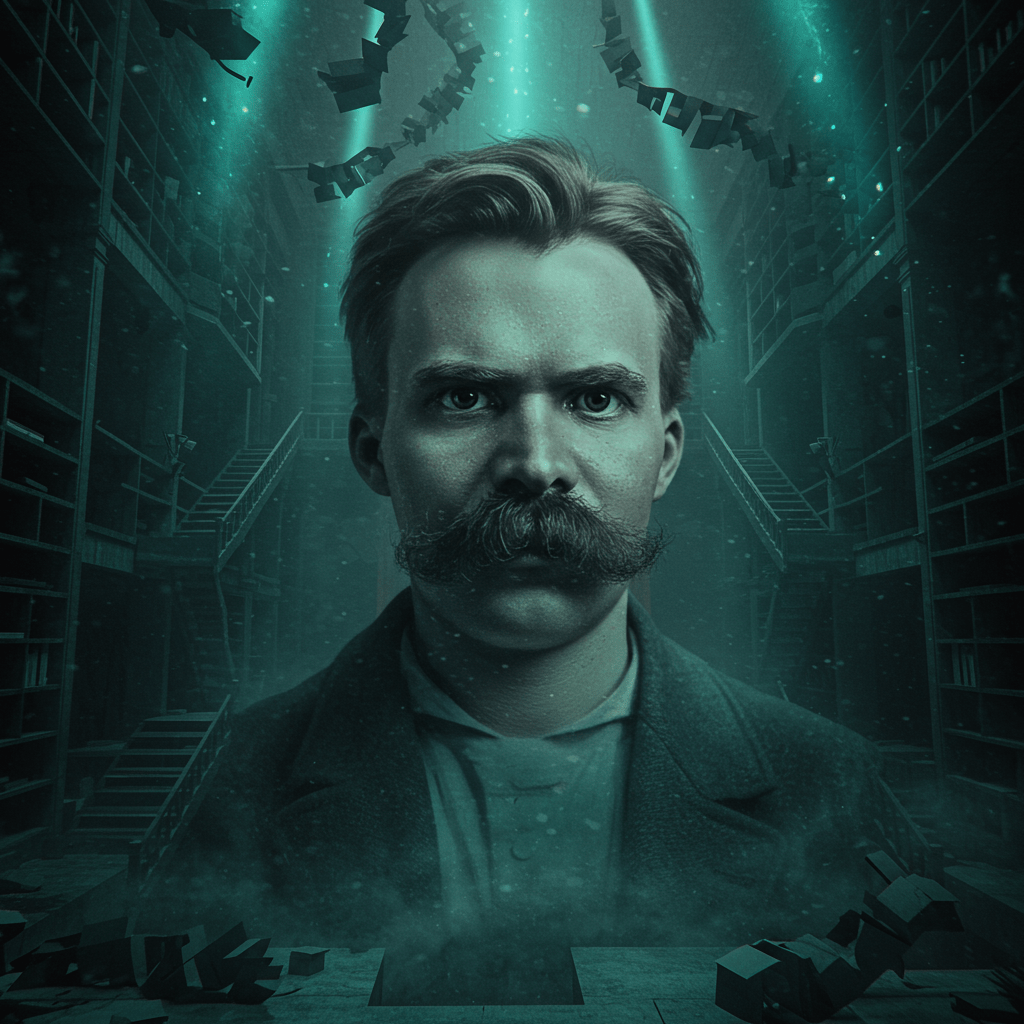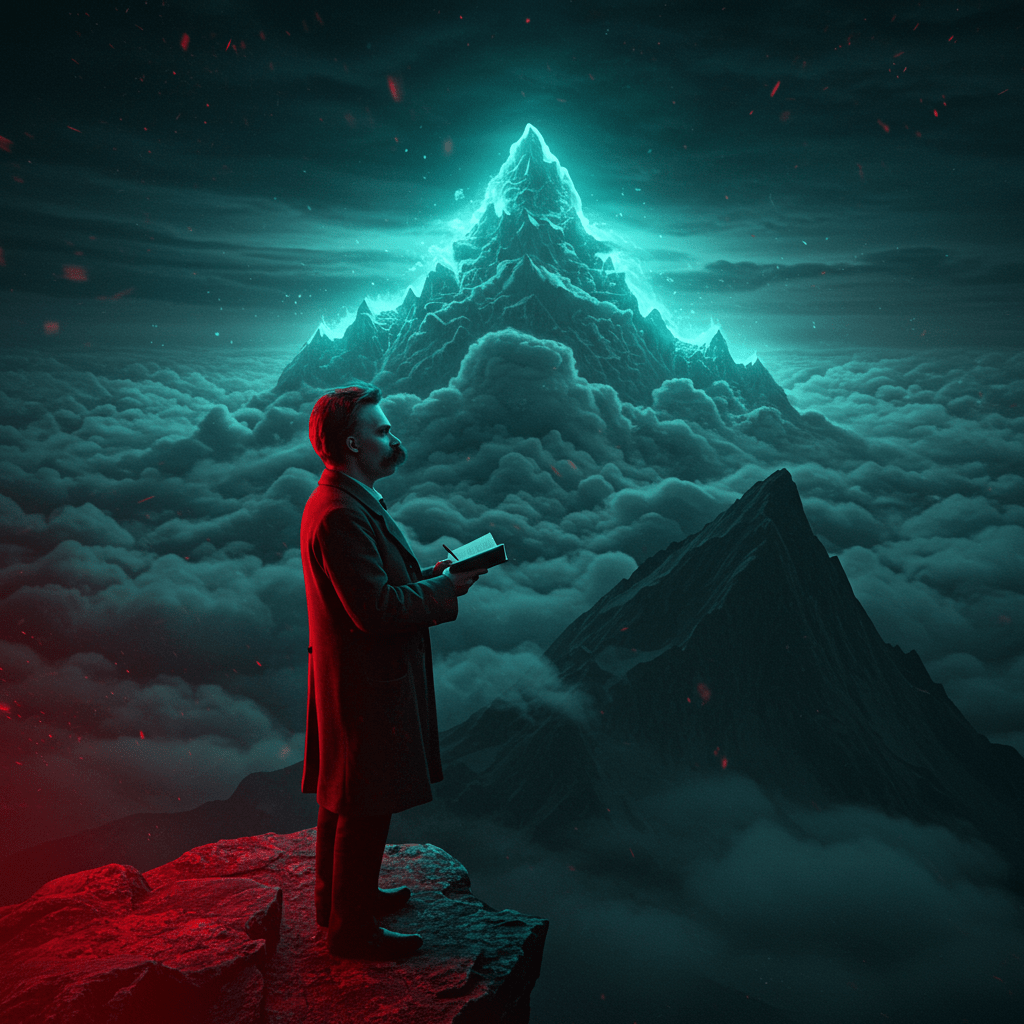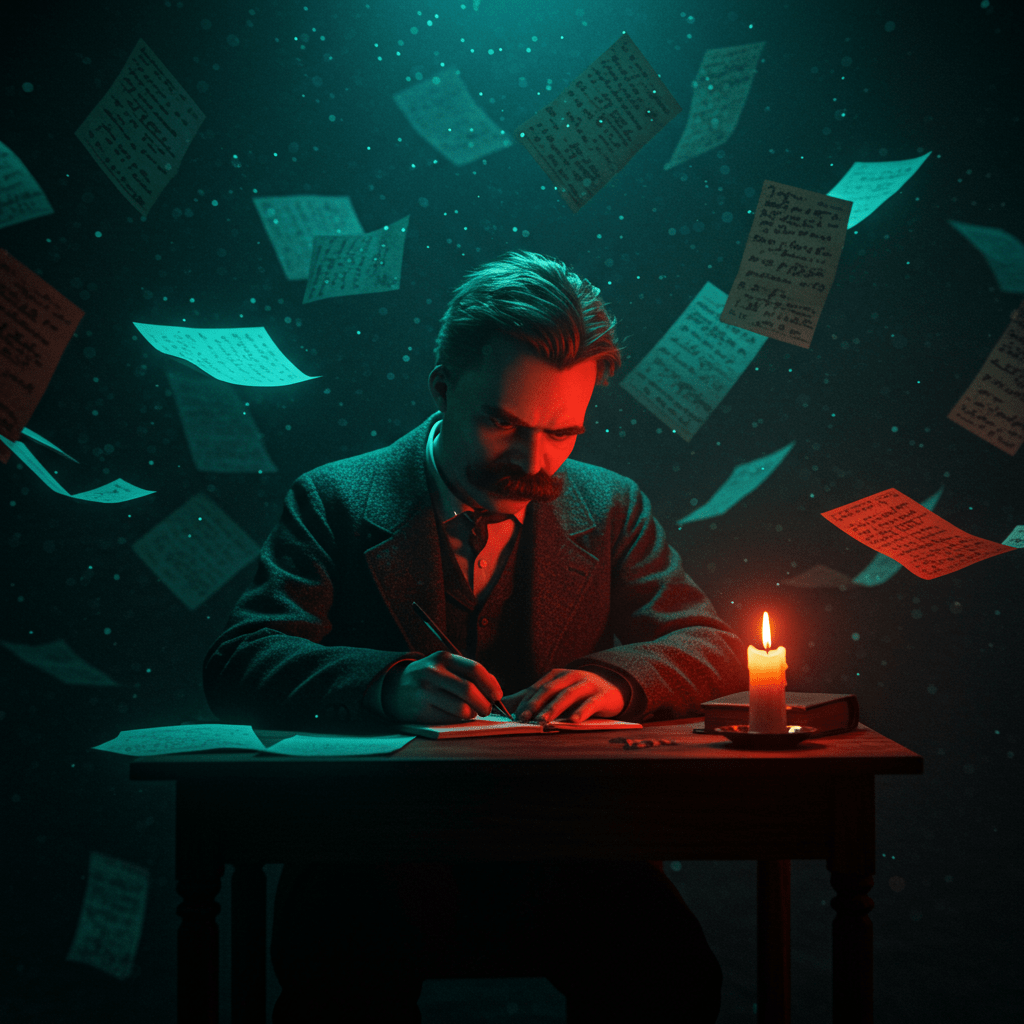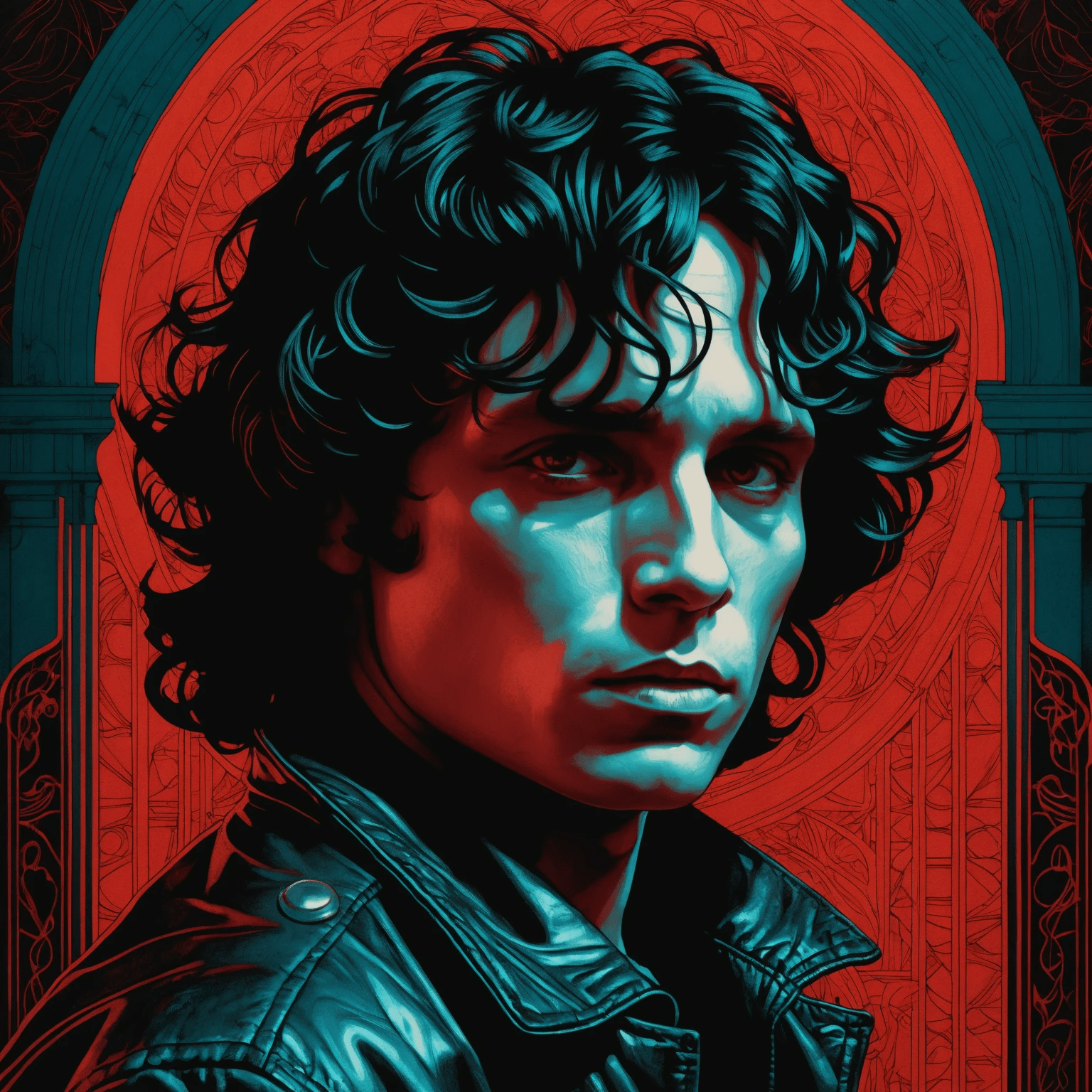
The Absurdist Rebel: A Seeker of Meaning in a Meaningless World
Explore Albert Camus’s fearless philosophy, a beacon for navigating the Absurd. Discover how his profound insights on rebellion, freedom, and the human condition can unlock your path to radical self-discovery and a life of authentic meaning.



